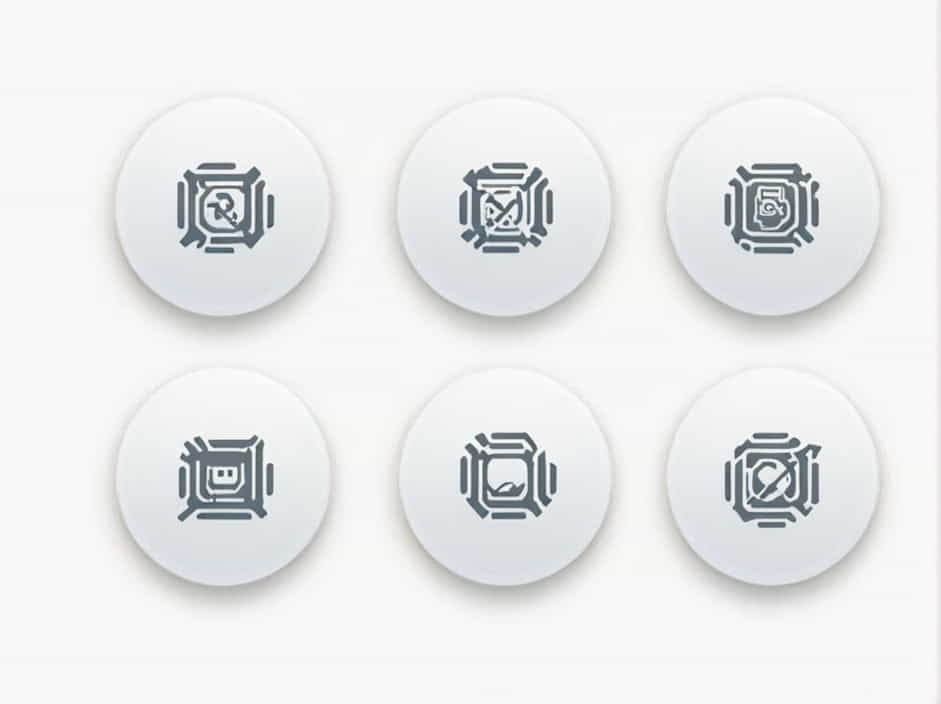Many people use the words ability and capability interchangeably, but they have distinct meanings. Understanding the difference is essential, especially in personal development, education, and the workplace.
In this topic, we will explore the key differences between ability and capability, provide examples, and discuss how each term applies to real-life situations.
What Is Ability?
Definition of Ability
Ability refers to a person’s natural talent or learned skill to perform a specific task. It represents what someone can do right now based on their knowledge, experience, or physical attributes.
Characteristics of Ability
- Present Skill Set – Abilities are based on what a person already knows or can do.
- Can Be Innate or Learned – Some abilities come naturally (e.g., artistic talent), while others are developed through practice (e.g., programming skills).
- Measured by Performance – Abilities are tested through actions and results.
Examples of Ability
- A person who knows how to code has the ability to write software.
- A professional singer has the ability to hit high notes effortlessly.
- A soccer player has the ability to dribble the ball skillfully.
What Is Capability?
Definition of Capability
Capability refers to the potential to develop a skill or perform a task in the future. It represents what someone could achieve if given the right resources, training, or opportunities.
Characteristics of Capability
- Future Potential – Capabilities indicate what a person might be able to do with more experience or training.
- Depends on Resources and Conditions – Someone may have the capability to lead a team, but they need the right support and experience.
- Can Be Expanded or Limited – Capabilities grow with training, exposure, and experience.
Examples of Capability
- A new employee may not yet be an expert, but they have the capability to become one with training.
- A student who loves science has the capability to become a great researcher.
- A beginner athlete has the capability to become a champion with proper coaching.
Key Differences Between Ability and Capability
| Aspect | Ability | Capability |
|---|---|---|
| Definition | The skills or talents a person currently has. | The potential to develop skills or talents in the future. |
| Timeframe | Present | Future |
| Measurement | Can be tested through performance. | Depends on training and development. |
| Example | Someone who speaks Spanish fluently has the ability to communicate effectively. | Someone who understands basic Spanish has the capability to become fluent with practice. |
How Ability and Capability Affect Personal Growth
1. In the Workplace
- Employers hire based on both abilities and capabilities.
- Someone may have the ability to perform specific tasks, but their capability determines how much they can grow in the company.
Example: A junior developer has the ability to write basic code but the capability to lead projects in the future.
2. In Education
- Students have different abilities when they enter school, but their capabilities grow with learning.
- Teachers focus on developing capabilities to unlock students’ full potential.
Example: A student who struggles with math now may still have the capability to become an engineer.
3. In Sports and Fitness
- A runner may have the ability to complete a 5K race but the capability to train for a marathon.
- With consistent training, capabilities turn into abilities.
How to Improve Both Abilities and Capabilities
1. Continuous Learning
- Take courses, read books, and practice skills regularly.
- Stay updated with new technologies and methods in your field.
2. Gain Experience
- Abilities improve with real-world application.
- Internships, volunteering, and hands-on practice help develop both skills and potential.
3. Set Goals and Challenges
- Challenge yourself to expand your capabilities.
- Set short-term goals to improve current abilities.
4. Seek Mentorship and Feedback
- Learning from experienced professionals accelerates growth.
- Feedback helps identify strengths and areas for improvement.
While ability is about what you can do right now, capability is about what you can develop in the future. Both are important for success in education, careers, and personal growth.
By continuously improving skills and embracing opportunities, anyone can turn capabilities into abilities and achieve great things.
